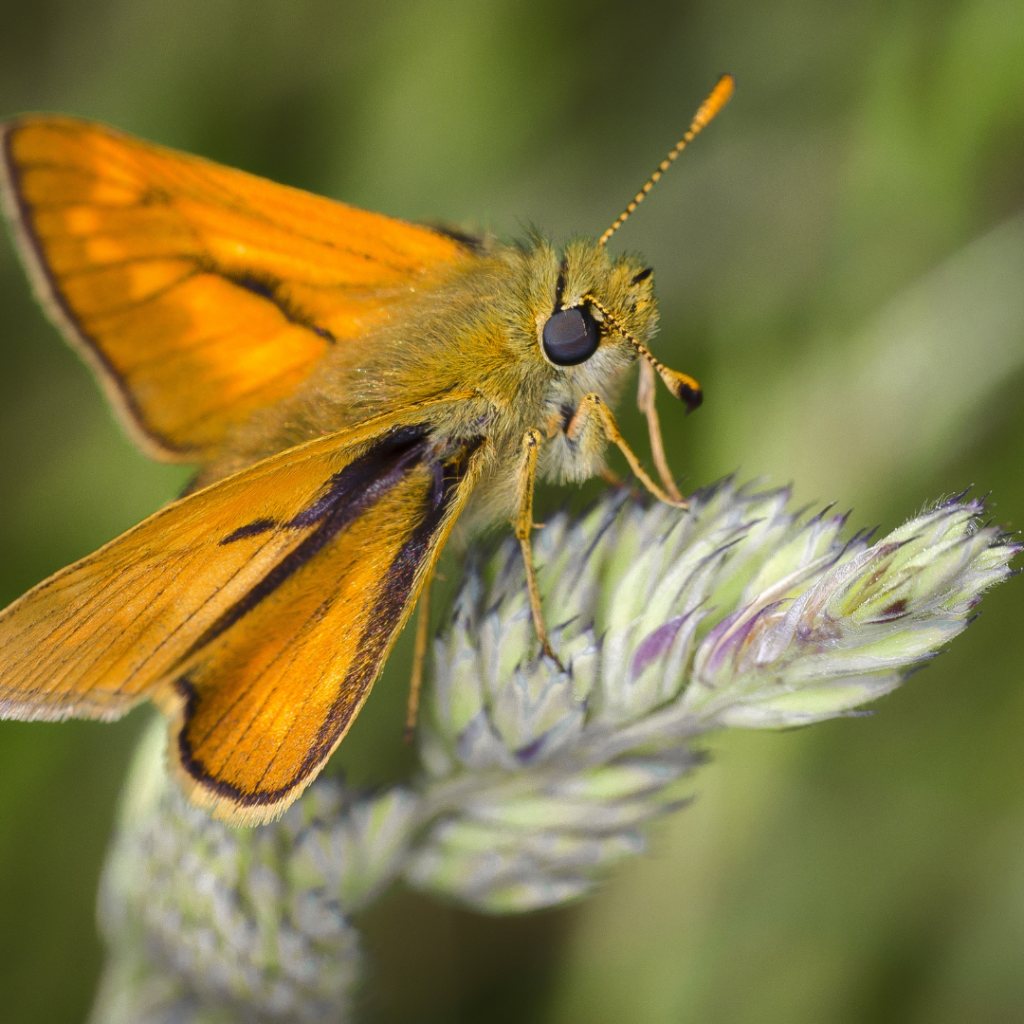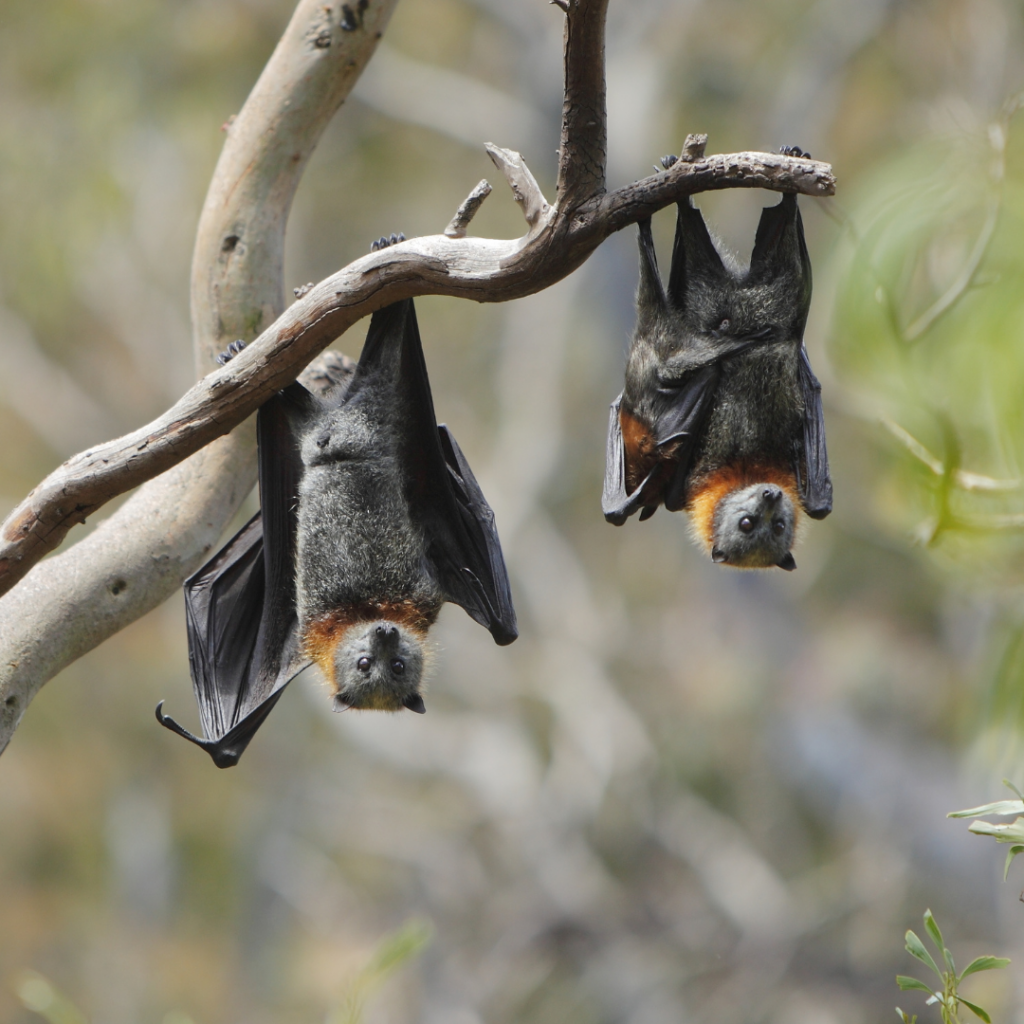Pollination is a crucial process for the reproduction of many plants and the production of fruits. While most people associate pollinators with bees and butterflies, there is another group of pollinators that works during the night: moths and bats. Although less well-known than their daytime counterparts, these insects and mammals play a vital role in ecosystems and agriculture, contributing to the pollination of numerous plant species, some of which are essential for humans.
Moths are one of the most fascinating and surprising nocturnal pollinators. Many people don’t realize that, just like bees and butterflies, moths are attracted to flowers—but they do so at a time when most other pollinators are already resting. Their sense of smell is extraordinary, guiding them toward flowers that emit special fragrances during the night. This behavior is often linked to the blooming of nocturnal species, which open after sunset and release a stronger aroma to attract these pollinators.
Moths feed on nectar, and during their flight, they carry pollen from one flower to another. Among the plants that rely on moths for pollination, we can find several species of night-blooming flowers, such as Datura, Trumpet of Death, and various species of night-blooming cacti, like the giant desert cactus.
Bats also play an important role in pollination, although they are less known for this function compared to moths. In fact, bat pollinators are essential for many tropical and subtropical plants, especially those that bloom at night. These mammals are attracted to flowers that emit strong scents and are typically light-colored, making them easy to spot in the dark. The flowers, often large and pendulous, are designed to accommodate bats and allow them to feed without damaging the plant.
A famous example of a plant pollinated by bats is the Tequila Cactus (Agave tequilana), whose nocturnal blooming completely depends on visits from these mammals. Bats, while feeding on the nectar from these flowers, transfer pollen from one plant to another, ensuring the plant’s reproduction. This process is particularly important for tequila production, as without bat pollination, the plant might not produce the necessary fruit for distillation.
Nocturnal pollination by moths and bats is vital for maintaining biodiversity and the health of ecosystems. The plants pollinated by these animals often provide food and habitat for a variety of other species. Moreover, in many parts of the world, plants pollinated by bats and moths are crucial for agricultural production. In agriculture, nocturnal pollination can also improve crop yields. Moths and bats pollinate plants that produce fruits, seeds, or flowers, some of which are of high economic value. For example, cacao plants, which produce the seeds used to make chocolate, are primarily pollinated by small bats.
Unfortunately, like many other species of pollinators, both moths and bats face numerous threats. Habitat loss, climate change, excessive pesticide use, and biodiversity reduction are putting their survival at risk. Protecting these pollinators is critical not only for biodiversity conservation but also for ensuring global food security.To support the survival of moth and bat pollinators, it is important to adopt sustainable agricultural practices, reduce pesticide use, and promote the creation of natural habitats. Planting nocturnal flowers, protecting natural areas, and creating bat roosts can be effective actions to support these crucial pollinators.
Nocturnal pollination is a fundamental part of our ecosystem, with moths and bats playing a key role in this process. Despite their quiet and invisible work, these pollinators are essential for biodiversity and agricultural production. Protecting and valuing these animals is not only an ecological necessity but also a smart strategy for ensuring the sustainability of our food systems. Investing in the preservation of nocturnal pollinators through ecological policies and responsible agricultural practices is crucial for the well-being of the environment and a more sustainable future.

